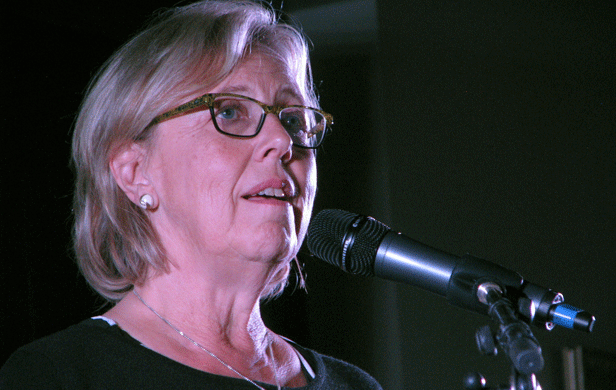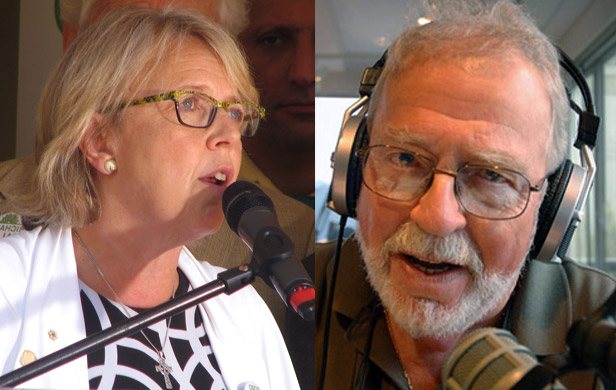
Well, we’ve let it go a very long time – perhaps for so long that a better brand of chaos is all we can hope for with reform. I’m talking about our health care system in this country.
In its most recent global rankings, the World Health Organization had us at number 30 in the world as a health care system. Admitting all of the failings of statistics, it still seems only yesterday we were boasting that we had the best. What is more troublesome is that no matter what number we are, the system is lousy. We are a hell of a long way from “Free medicare” or “socialized healthcare”.
False advertising
Blame is very easy and there’s no shortage of culprits never forgetting Pogo’s “we have met the enemy and he is us”.
It may be that by procrastinating for so long, we have presented ourselves with a problem which is all but insoluble.
The term “health care” is almost impossible to define in any way that makes sense factually or fiscally. Start with a pretty basic deficiency in our system – dental care. No one in their their right mind would allege that care of the teeth is not a very important health issue. We don’t cover it, the UK does.
From there, the irrationalities move into ever-widening circles. I have received enormous relief over the years from my chiropractor and I hate to think of what life would have been like without his help. But, I must pay a large portion of my treatment. Everyone reading this can think of some important, nigh unto critical, medical cost that they must pay for personally. Even an emergency vehicle to hospital.
As if this weren’t enough, the constitutional jurisdiction for healthcare is provincial, but because smaller provinces can’t afford it, power of the federal purse has brought Ottawa in. Thus, the essential decisions are made by the federal government after “consultation” with the 10 provinces over coverage, while the provinces (mostly) administer the care. If you’ve read this far you will see more confusion right around the corner and you are right to do so.
BC’s double whammy

British Columbia is the retirement province for most of the west of the country and much of the rest, thus has substantially higher geriatric costs. Because it’s also a young, growing province it has a double problem.
I well remember, as minister, raising this with the federal minister of the day and pointing out that this not being considered in fiscal transfer was simply unfair. She replied blankly that she couldn’t give one province more money than another, especially a rich one!
Prescription for trouble
One of the huge changes since my time has been in the field of pharmaceuticals and scientific development.
Not long ago, pharmaceutical cost was the occasional prescription from the doctor and the cost, while annoying, wasn’t overbearing. Now, as a senior citizen, my pharmaceutical pills, despite private insurance, are staggering. Uncovered pharmaceutical costs have overtaken doctor costs, which are high in themselves.
Rationing care

In 1979, when I became minister, the CAT scan had just arrived – an enormously important diagnostic tool which every hospital, big and small, wanted. The problem was they cost $1 million each and the province simply did not have enough money to immediately outfit everyone, meaning a form of rationing, and hospitals down the list weren’t happy campers.
Soon, private citizens began to raise the money privately for their favourite hospital. You can quickly see, I’m sure, two big problems: not only did that upset the system, it also raised the nasty question, “Who will pay to run these new machines, which have not been accounted for in the provincial budget?” What seemed to be such a wonderful example of civic generosity, became a societal and a fiscal nightmare.
I remember giving a talk to the staff at Royal Inland Hospital, in my constituency of Kamloops, and during the question period, a nurse said emphatically “Minister you can’t put a price on a human life!”
My response was “in fact, we do that every hour of the day in terms of where we place our funds on behalf of the citizens. It’s how, when and where we place those funds that often determines who lives and who doesn’t.”
Tough choices
Obviously, we must re-examine our health care system in Canada. That’s the easy decision. Now, how the hell do we do it and what are the basic ground rules? How do we deal with the matter of jurisdictions and who is responsible for raising how much of the needed funds; then, of course, who is responsible for the rules for its distribution?
Until we decide on a definition of medical care, what will be covered and what will not, we’re at sea. And it’s critical that we find a mechanism for dealing with change – and then we must decide how much we’re prepared to spend.

I am not going to pretend that a short time as health minister in one province has conferred even the slightest degree of medical wisdom upon me. What I can say is that almost everyone involved in the system thinks “they know”, to the exclusion of all else, where and what kind of medical wisdom is required. These are very sincere people but consider this – I was at a conference many years ago and listened to a heated argument between two health experts on the use of tobacco. One spoke of the obvious drawbacks we all know about and the cost to society, while the other was saying the more people that smoke the less the geriatric cost would be – it’s cheaper on the system when people die young and, therefore, people should be encouraged to smoke! There was a little tongue in cheek involved I suspect.
Now, this is not the centrepiece of the health debate but I just mention it to demonstrate that there are very few issues where everyone agrees.
Clearly, we must start afresh in our discussions and re-visit the essential decisions upon which we base all expenses. Critically, we must develop a protocol for changing those decisions when the need arises. Our inability to adapt has created the enormous distortions we must now try to rectify or it will just get worse and worse.
In this case, the devil may not be in the details but in coming up with a vehicle within which to determine what those details are.
WORLD HEALTH ORGANIZATION – Country Ranking / (Per Capita Expenditure)
1 France (4)
2 Italy (11)
3 San Marino (21)
4 Andorra (23)
5 Malta (37)
6 Singapore (38)
7 Spain (29)
8 Oman (62)
9 Austria (6)
10 Japan (13)
11 Norway (16)
12 Portugal (27)
13 Monaco (12)
14 Greece (30)
15 Finland (18)
16 Luxembourg (5)
17 Netherlands (9)
18 United Kingdom (26)
19 Republic of Ireland Ireland (25)
20 Switzerland (2)
21 Belgium (15)
22 Colombia (49)
23 Sweden (7)
24 Cyprus (39)
25 Germany (3)
26 Saudi Arabia (63)
27 United Arab Emirates (35)
28 Israel (19)
29 Morocco (99)
30 Canada (10)
31 United States (1)
32 Australia (17)




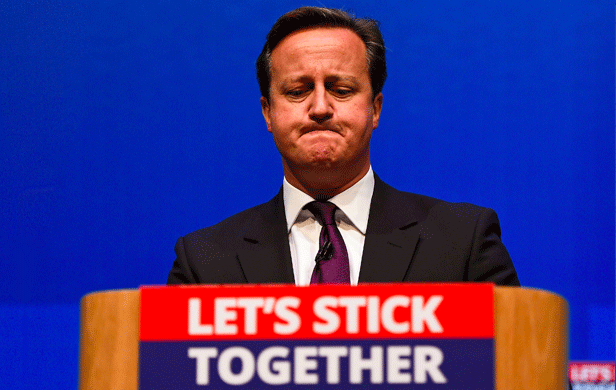
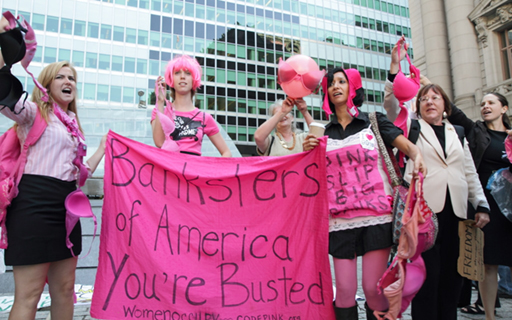
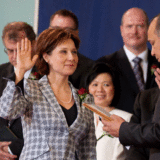
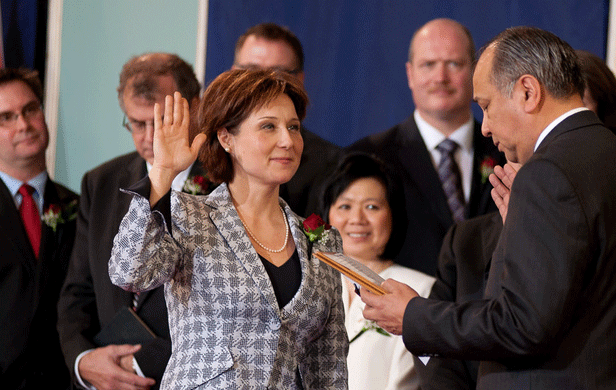
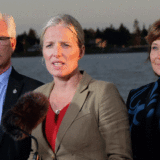
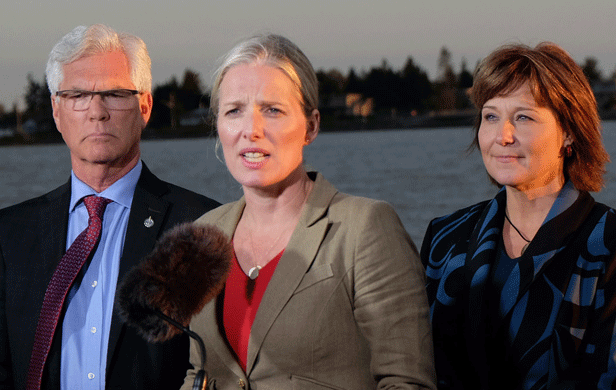
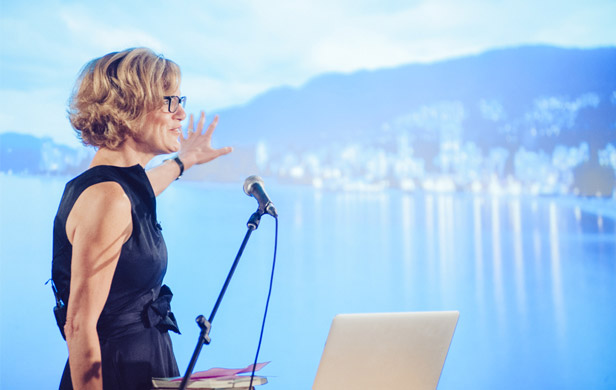




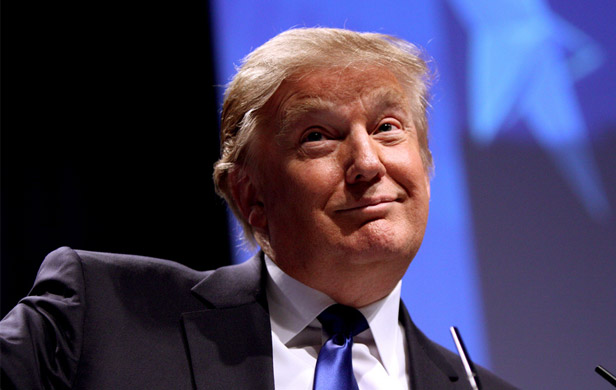
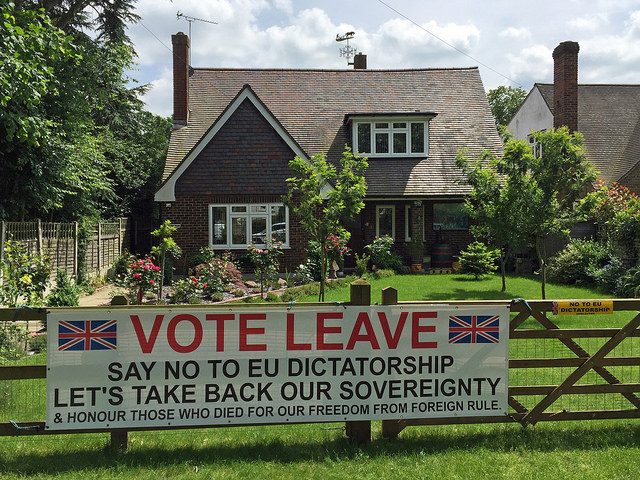 The latest and best example of this was Brexit in Britain, England especially. I wrote an
The latest and best example of this was Brexit in Britain, England especially. I wrote an  It was under the presidency of Jacques Delors, an unelected bureaucrat, from 1986 till 1994. that the Common Market inexorably moved to a political union. Delors was detested by many in Britain.
It was under the presidency of Jacques Delors, an unelected bureaucrat, from 1986 till 1994. that the Common Market inexorably moved to a political union. Delors was detested by many in Britain.




